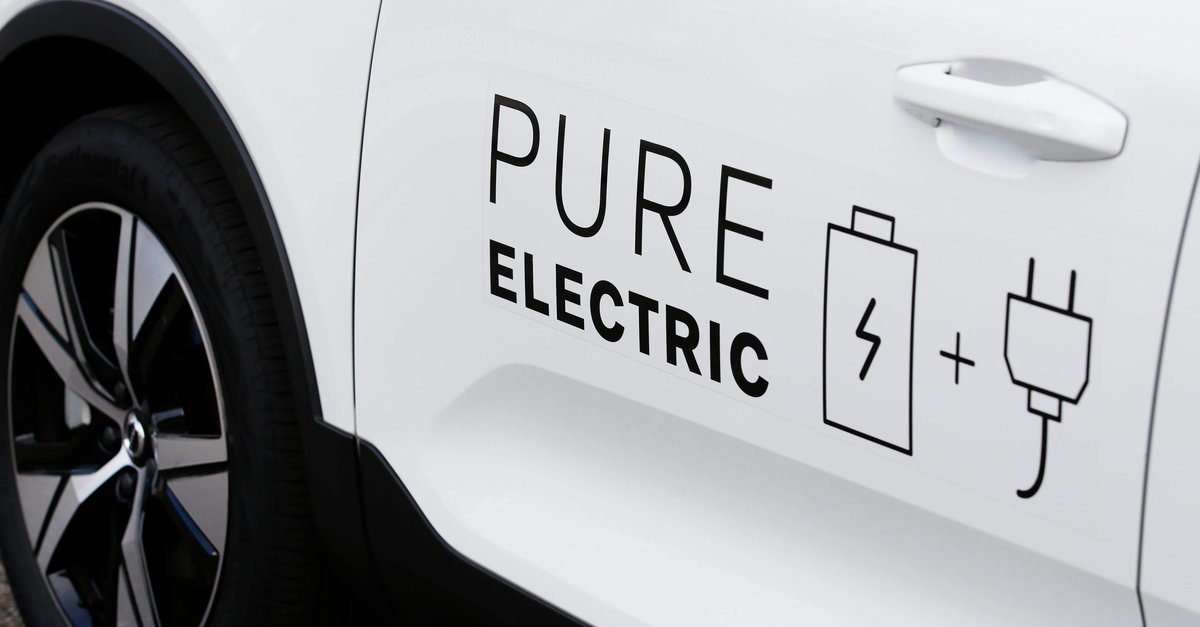First country wants to leave e-cars
How do electric cars drive when electricity is scarce? A question that occupies many countries before winter, but hardly any of them are planning such drastic cuts as our neighbors in Switzerland. E-car drivers are threatened with massive restrictions and even driving bans. But the measures do not only affect drivers.
Switzerland wants to save electricity — e-cars could stop
If the worst comes to the worst, e-car drivers in Switzerland have to be prepared for a particularly harsh winter. The government plans to impose drastic restrictions in the event of an electricity shortage: “The private use of electric cars is only permitted for absolutely necessary journeys (e.g. professional practice, shopping, visiting the doctor, attending religious events, attending court appointments),” says the draft of an emergency ordinance for emergencies.
However, this is the last stage of three planned in the emergency plan. Also a speed limit for the Autobahn is part of the planned program in Switzerland. As with combustion engines, this should also reduce consumption in electric cars. The measures come from the “Draft Ordinance on Restrictions and Bans on the Use of Electrical Energy” (source: t-online).
Because Switzerland imports parts of its electricity needs via the European grid – including from Germany – plans are being drawn up in the event of a shortage. The measures would then be adapted to the current situation and, if necessary, come into force, explains t‑online.
Whether an e-car is even an option often depends on the price:
Netflix and Co: Switzerland forces streaming services to lousy pictures
However, the emergency plans extend much further than just electric cars. Other restrictions include:
- streaming services such as Netflix and Co. are only allowed from level 2 of the emergency plan in SD quality send.
- washing machines are only allowed to come along maximum 40 °C water temperature are operated.
- Refrigerators must not be set colder than 6 °C.
- Hot water in public toilets will be turned off.
According to t‑online, there are no comparably drastic plans in Germany. Here, contingency plans focus on restoring power, not austerity. Corresponding recommendations can be issued by the federal, state or local authorities, but they do not oblige consumers to save electricity.



